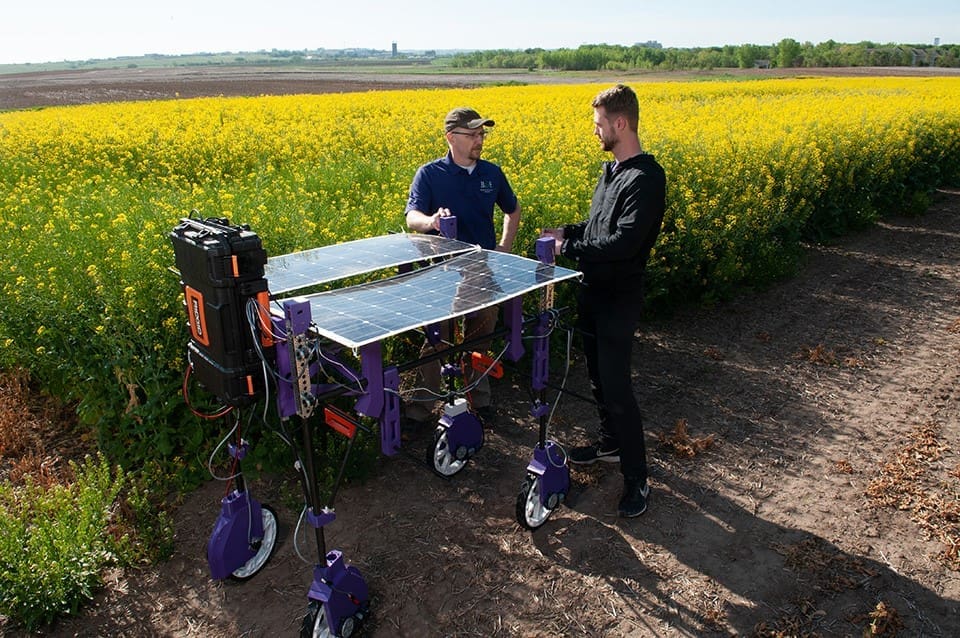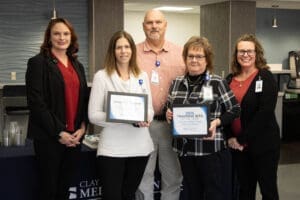A Kansas State University professor who co-authored a recent national report on agriculture’s potential to reduce greenhouse gases says Kansas producers are well-positioned to help U.S. agriculture reach that goal. Chuck Rice, a professor of agronomy and 2007 Nobel Peace Prize co-recipient, stated that the report, released on November 12 by the Council for Agricultural Science and Technology (CAST), emphasizes the need for improved conservation practices and the adoption of emerging technologies.
Kansas has the necessary resources for carbon sequestration, nitrogen management, and energy production, Rice said, offering a strong foundation for regenerative agriculture that integrates crop and livestock systems for sustainability, efficiency, and profitability.
The report, “The Potential for U.S. Agriculture to Be Greenhouse Gas Negative,” commissioned by U.S. Farmers and Ranchers in Action (USFRA), suggests five key strategies:
1. Enhancing soil health through carbon-sequestering conservation practices.
2. Optimizing nitrogen use to cut fertilizer costs and reduce environmental impacts.
3. Advancing sustainable livestock farming practices.
4. Bridging yield gaps to increase production while using resources efficiently.
5. Reducing fossil fuel dependency by utilizing renewable energy sources.
Rice noted that the report highlights the need for more research in animal agriculture and precision conservation, which could be particularly challenging for producers. He also emphasized the importance of immediate, systems-based research to help farmers adopt these practices within the next five years.













